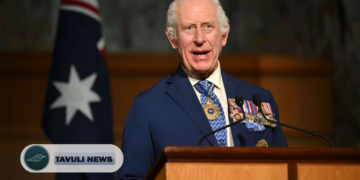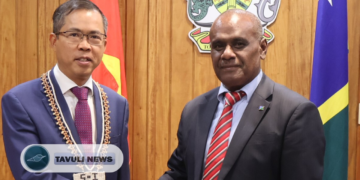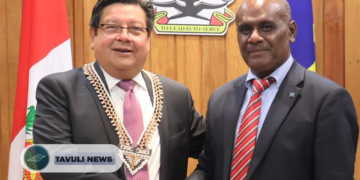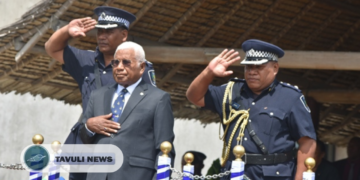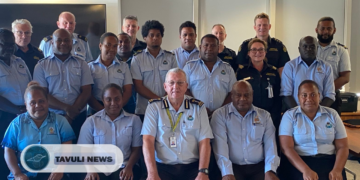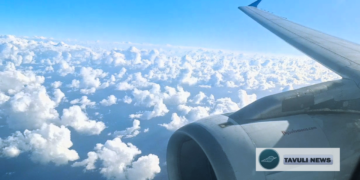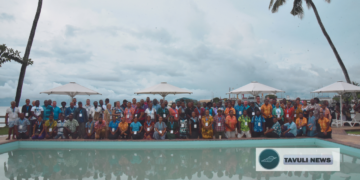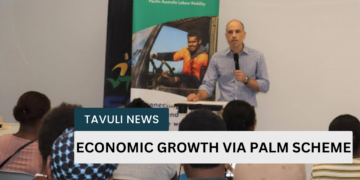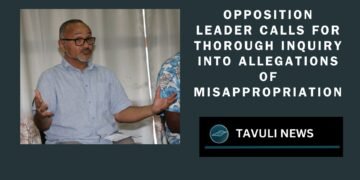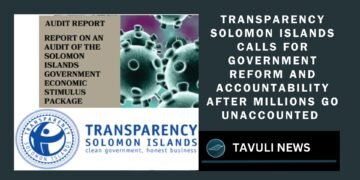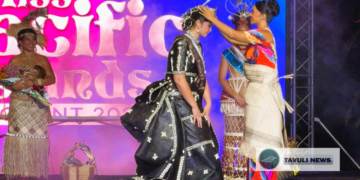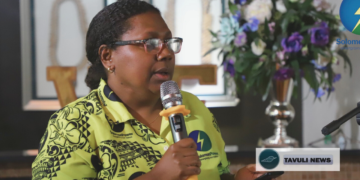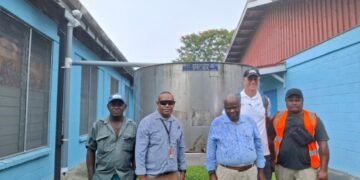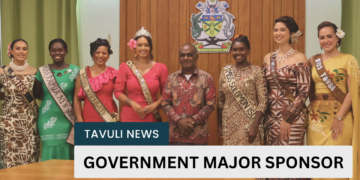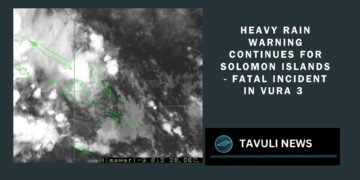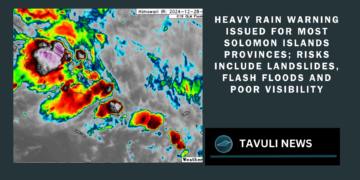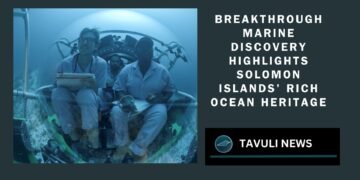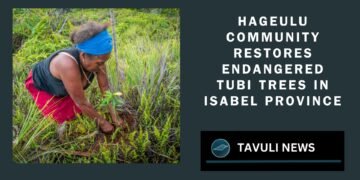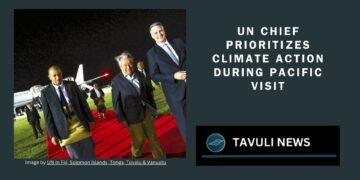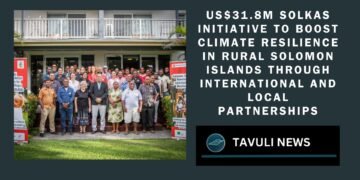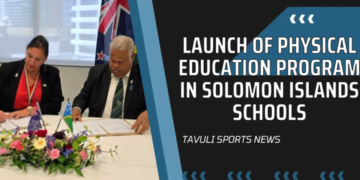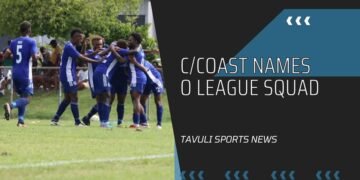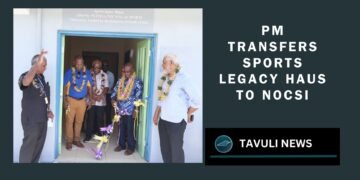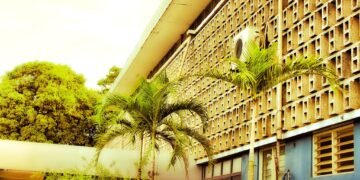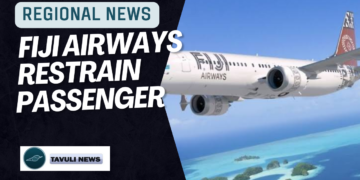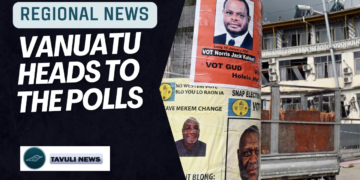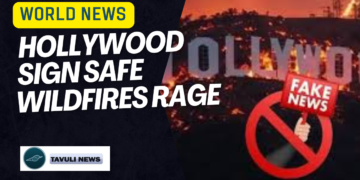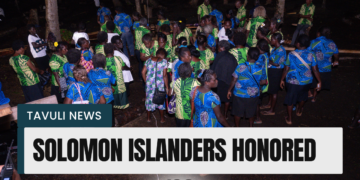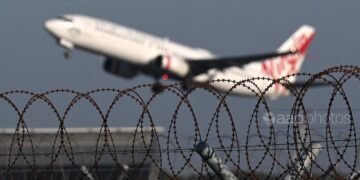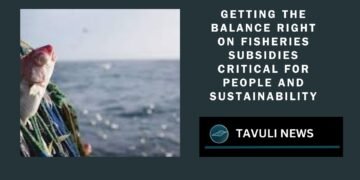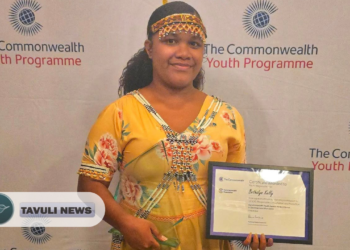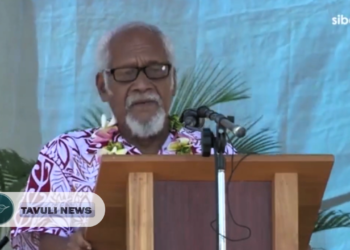Buka transforms into one of the region’s cleanest towns through effective waste management and proactive local governance efforts
Buka Island, the second-largest island in the Autonomous Region of Bougainville in eastern Papua New Guinea, is experiencing a remarkable transformation. Located in the North Bougainville District, Buka is rich in culture, home to the indigenous Buka people, predominantly Melanesian. The island boasts serves as a hub for commerce and administration in the region. Fishing, agriculture (especially cocoa and copra cultivation), and vibrant markets are key economic activities here. Buka is connected to the nearby Bougainville mainland by a narrow strait spanned by the Buka Passage Bridge. Buka Town, the main settlement, is located on the eastern coast and serves as the commercial and transportation hub of the island.

Cleanliness and Community Engagement
Buka has distinguished itself as one of the cleanest towns in the region, largely due to proactive measures by the town council. Dr. Transform Aqorau of Solomon Islands National University recently praised Buka’s cleanliness, noting it surpasses many towns in his homeland. “The town is exceptionally clean—much cleaner than our towns,” he remarked. Dr. Transform was in Buka for an engagement with the University of Melbourne, presenting a module for a leadership training for Bouganville Leaders. He said the first thing that caught his eye was the cleanliness of the town.

Role of the Town Council
Central to this transformation are local figures like Beverly Kawok and Immaculate Touva, who enforce waste management regulations as ticket collectors for the Town Council. They issue fines on-site to ensure compliance, explaining, “Our job includes enforcing rules to maintain town cleanliness.”
Impact and Implementation
Recent initiatives by the town council have made a significant impact. Beverly and Immaculate noted the town’s transformation from an “eyesore” to a clean environment under new management. “The council employ around 30 people to support waste management efforts,” they added.

A Model for the Provinces
The proactive steps taken by the Buka Town Council in waste management include the provision of bins for waste disposal, the allocation of designated sites for chewing betelnut, on-the-spot fines for littering and more. “People generally respect us and the role we play,” says Immaculate. She mentioned that the Council also did a good job raising awareness about the current changes so everyone is well-versed in the town council rules.
The Buka market, a bustling hub, exemplifies cultural exchange between Bougainville and the Solomon Islands. Tony Kabui, originally from the Solomon Islands, now sells traditional shell money and artifacts in Buka. He has settled here with his family and appreciates the vibrant cross-cultural interactions. “Life here is good,” he shared, noting his marriage to a Bougainvillean.

Historical Context
Historically close ties between Bougainville and the Solomon Islands date back to the 1890s, influencing cultural and linguistic exchanges. Bougainville was part of German New Guinea until Australia assumed control in 1914. After striving for self-determination, Bougainville became part of independent Papua New Guinea in 1975.

The Bougainville Conflict and Peace
The Bougainville conflict, stemming from grievances related to the Panguna mine, claimed over 15,000 lives and led to significant infrastructure damage. The Bougainville Peace Agreement in 2001, focused on Autonomy, Weapons Disposal and a Referendum on Bougainville’s political status, remains an important component of regional stability.

Since the signing of the peace agreement in 2001 and the landmark referendum in 2019, the Autonomous Region of Bougainville (AROB) has embarked on a transformative journey towards stability and self-determination. Central to their efforts has been the establishment of robust governance structures tailored to local needs, advancing autonomy in managing internal affairs.
Economic development has been a priority, with a focus on sustainable resource management in mining and agriculture sectors. Infrastructure improvements, including roads and utilities, have aimed to boost connectivity and support economic activities across the region.
AROB continues to navigate the complexities of post-conflict reconciliation and nation-building, fostering unity and healing from past wounds. Discussions with the Papua New Guinea government are ongoing following the referendum, focusing on the region’s political future and aspirations of its people. The Autonomous Government of Bouganville recently visited Honiara as part of its consultations on its new constitution, reaching out to Bouganvilleans in Solomon Islands.




